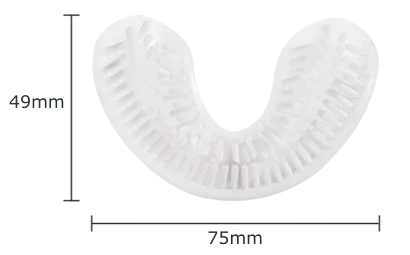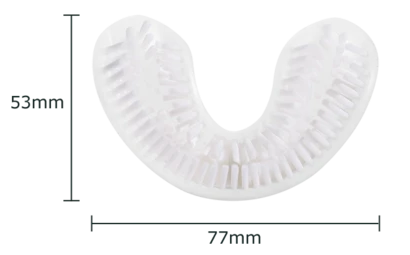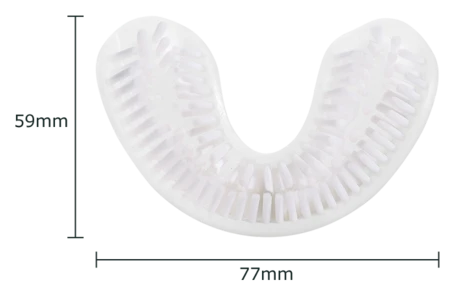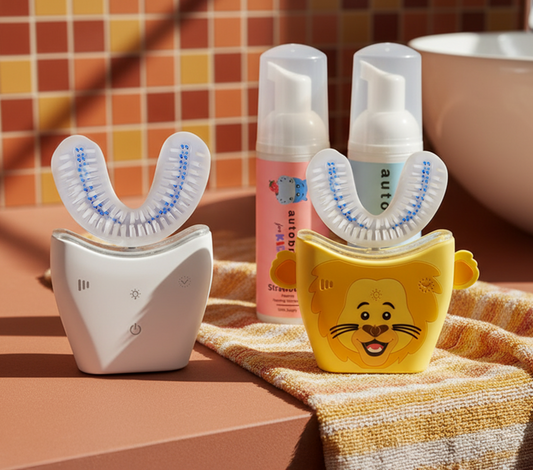
Can Toothpaste Expire?
Toothpaste is an indispensable part of our daily oral hygiene routine. It cleans our teeth, provides freshness to our breath, and aids in preventing dental problems such as cavities and gum disease. While it’s a common household item, many may wonder, "Can toothpaste expire?" and "Is it safe to use expired toothpaste?" In this post, we will dive deep into the intricacies of toothpaste's composition, its expiration, and proper disposal methods.
Understanding Toothpaste:
Toothpaste is primarily composed of abrasives, flavoring agents, humectants, detergents, and therapeutic agents like fluoride. Each component plays a crucial role in ensuring optimal oral health. For instance, abrasives help remove plaque, humectants maintain moisture, detergents create foam, and fluoride fortifies enamel, preventing decay.
Expiration of Toothpaste:
Yes, toothpaste can expire. Most commercial toothpaste has an expiration date, typically two years from the date of manufacture, indicating the period during which the product remains most effective. This date is not solely about the safety of the product but also about its efficacy and flavor. After the expiration, the toothpaste might lose its taste and its therapeutic agents like fluoride may degrade, reducing its effectiveness in preventing dental problems.
Using Expired Toothpaste:
While using expired toothpaste isn't harmful, it may not be as effective. The abrasives and the cleaning agents usually remain active, but the fluoride may lose its efficacy. For those who rely on toothpaste for fluoride intake to safeguard their teeth, using an expired product might not be beneficial. Moreover, changes in taste and texture may make brushing unpleasant.
Is It Safe to Use Expired Toothpaste?
Expired toothpaste is generally safe to use, as the expiration primarily impacts flavor and efficacy rather than safety. There's usually no harm in using toothpaste past its expiration date, but it may not taste as fresh and may not provide the optimal level of cavity protection. If you have sensitive teeth or specific oral health needs, it is advisable to replace expired toothpaste with a new one that offers the desired benefits.
What to Do With Expired Toothpaste:
Instead of discarding expired toothpaste, consider repurposing it. Here are a few innovative ways to give a second life to your old toothpaste:
- Cleaning Agent: Expired toothpaste can serve as an effective cleaning agent for various household items like silverware, shoes, and even bathroom fixtures. Its abrasive nature makes it excellent for scrubbing and polishing.
- Deodorizer: Toothpaste can neutralize odors, making it a suitable deodorizer for containers, hands, and more.
- Stain Remover: Toothpaste can help in removing stains from fabrics and carpets due to its abrasive particles and cleaning agents.
- Insect Bites: Applying a small amount of expired toothpaste can soothe the itchiness caused by insect bites.
Proper Disposal of Expired Toothpaste:
If you choose not to use expired toothpaste, it is important to dispose of it responsibly. Empty the toothpaste tube as much as possible and recycle the packaging if it is recyclable in your area. Consult your local waste management guidelines to ensure proper disposal and recycling.
Conclusion:
Toothpaste is a multifaceted product that extends beyond oral hygiene, playing an instrumental role in our overall health. While toothpaste does have an expiration date, focusing predominantly on its flavor and efficacy, it is generally safe to use it past this date. However, for optimal oral health benefits, it is recommended to use toothpaste within its specified shelf life.
For those who find themselves with expired toothpaste, repurposing it as a cleaner, deodorizer, or stain remover are innovative and eco-friendly alternative to discarding it. Proper disposal is crucial for environmental preservation if one chooses not to utilize expired toothpaste.
In conclusion, understanding the properties, expiration, and multiple uses of toothpaste empowers consumers to make informed and responsible decisions regarding this everyday essential, thereby promoting both oral health and environmental well-being.















